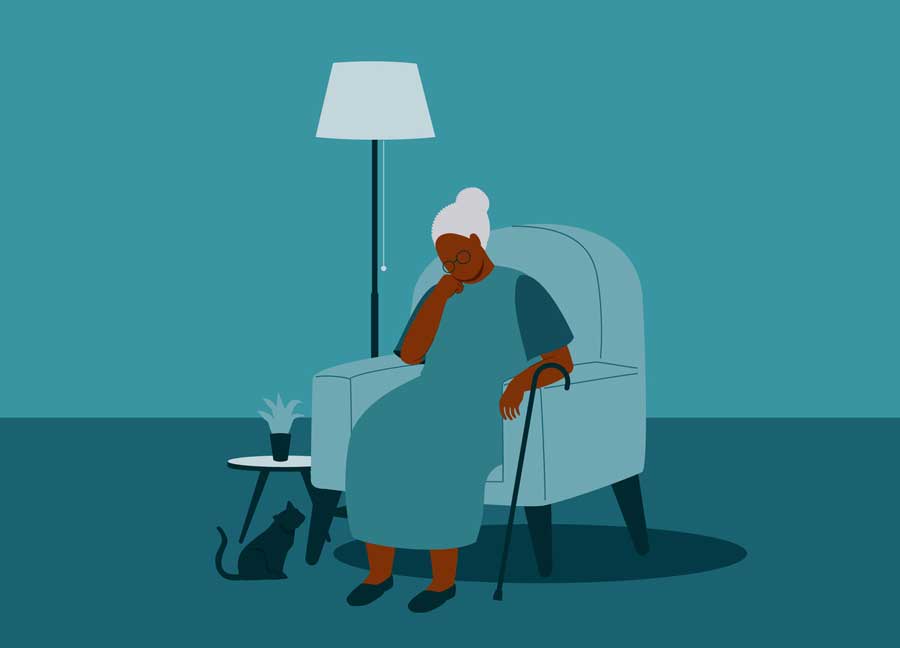On being transparent
Why Peabody opened itself up to scrutiny following the death of Sheila Seleoane and what the organisation has learned

GOVERNANCE
Image: Istock

Ian McDermott
CEO, Peabody

Ian McDermott
CEO, Peabody
Issue 67 | September 2023
It is more than a year since Sheila Seleoane was discovered.
As many people will know, Sheila died in her home and lay undiscovered for over two years. As her landlord we had a duty to explore in forensic detail how this could have happened. We have done this, and I believe there are important lessons to learn about the way we lead our organisations.
Curiosity and transparency must play a major part if we are to improve as a result of learning. That’s easy when times are good, less so when you are dealing with a crisis. The challenges and competing demands of the sector at present are, in my experience, greater than they have ever been. In navigating our way through this complex world, we need to keep a laser-like focus on the principles of good governance and leadership – even when doing so is difficult and painful.
Beyond rules
For me, governance has never been just about a series of rules and governing documents – essential, though they are. It is also a set of principles which inform and direct all your decision making and behaviour. For me they are:
- Transparency,
- Curiosity,
- Accountability,
- Responsiveness,
- Participation, and inclusivity.
Doing the right thing, even when it causes difficulty and pain, in my opinion, is a test of organisations’ values and the extent to which they live the principles of good governance.
It could have been tempting to simply batten down the hatches and ride out the storm that naturally followed Sheila’s death. Instead, we were determined to lean into the issue, seek understanding and be transparent (however painful) about what went wrong. So what did we do?
Lessons learned and shared
We commissioned an independent report which lay bare our shortcomings and missed opportunities. The report made 37 recommendations. It focused on lessons learned and we set up a welfare group with the support of the National Housing Federation of interested housing associations, in the full knowledge that this could happen elsewhere. We did not shy away from the uncomfortable issues, instead seeking to share lessons and help the sector learn as we did. We saw publicity as an opportunity to debate issues of loneliness and social isolation.
The case attracted a lot of attention and on many occasions the details of the report were used to criticise Peabody. Many commentators focused on our scale and jumped to their own conclusions about big remote landlords losing touch with their core purpose, rather than seeking to understand the complexity of the case. This is a narrative we are very familiar with at Peabody.
Others used the report to reflect on their organisations, taking the recommendations as a checklist to help ensure their systems and processes reflected the lessons we had learnt so painfully. As subsequent cases have sadly shown, this is not a big organisation issue but a much more pervasive one.
So, when thinking about governance, don’t forget the importance of curiosity, seek to look behind the headlines. Don’t assume you know the answers or the causes but look for insight and understanding. Only by being curious and reflective will we collectively get better.

“We saw publicity as an opportunity to debate issues of loneliness and social isolation.”

